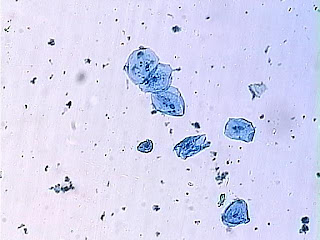-What science ideas did you learn?
This week i learned about living and non-living things. We had to list 10 living and non-living things for hw. We talked about many things, we learned about diseases and how we get sick, what are some causes of illnesses, how we can protect ourselves from the spread of disease, what is an epidemic, and how scientist track the spread of disease. I learned about parasites, bacteria, viruses. I learned alot.
-How did you learn these ideas?
I learned these ideas by going on the Internet and listening to my teacher during class. I wrote down the information that i needed and i asked people for help when i didn't get something. I looked at my notes to see if there was anything i can use.
-Why is it important to know this idea (What real world application is there)?
It is important to know these things because you can use them in the future. Like for example: I want to be a pathologist when i grow up. Maybe one day my teacher will ask me... Why do we (people) get sick? or maybe, How can we prevent ourselves from getting sick? and i will raise my hand because i know what the answer is! I learned it in science in 7th grade science!
 i really dont know what to write about so i guess ill just leave it to this
i really dont know what to write about so i guess ill just leave it to this









